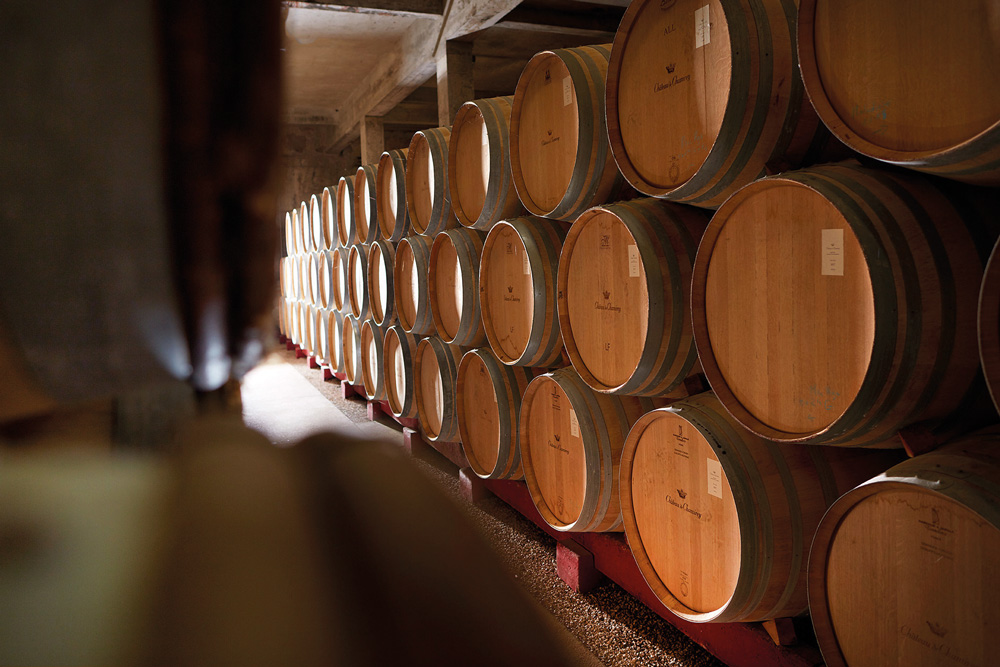With four Burgundy wineries and another in Jura, Aurore Devillard of Château de Chamirey exemplifies the French spirit of patrimony.
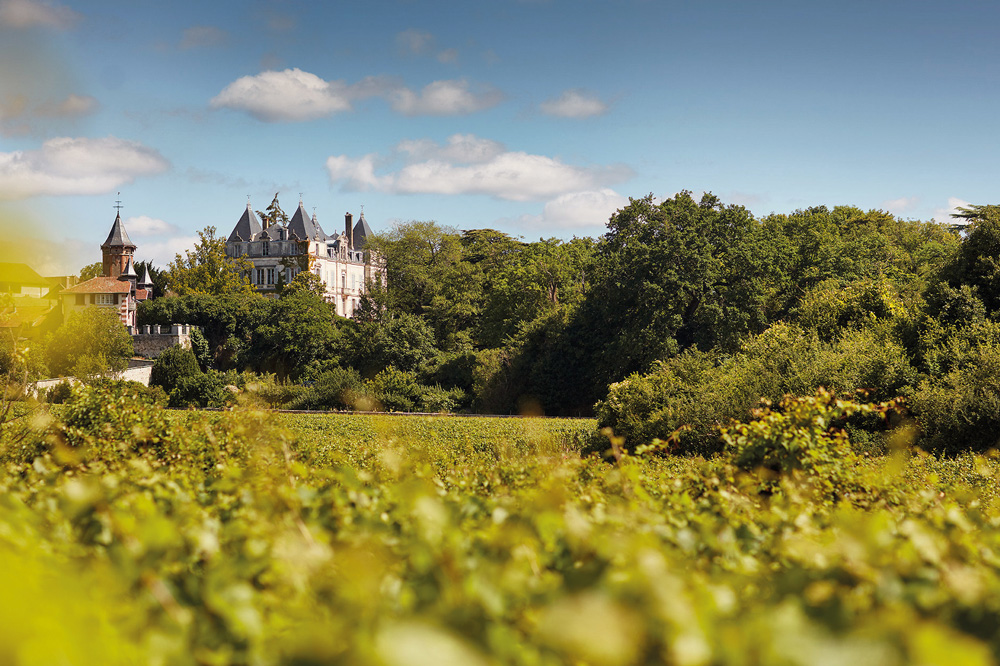
Cutting a chic figure, Aurore Monot-Devillard has become a familiar face at the annual La Paulee Burgundy tasting organised by Vintage Wine Club in Singapore. Seated next to her at dinner though, I hardly have time for a chat as she’s often squired away by fellow Burgundy vintners and wine aficionados alike. “When your job is also a passion, you never really stop working because most of the time, you don’t feel like it’s work,” she later tells me, adding she knows how lucky she is. The veteran executive continues, “But that can also be a trap, because the job needs you to be enduring, persevering and highly fatigue-resistant.” In any case, the typically Bourguignon food paired exceptionally well with the wines that night, not least as Aurore says, “because pairing is not only about food, it’s a question of timing and people”.
BORN THIS WAY
Aurore is the fifth generation of her winemaking family that currently owns four Burgundy estates – Château de Chamirey in Mercurey, Domaine des Perdrix in Côte de Nuits, Domaine de la Ferté in Givry and Domaine de la Garenne in Mâconnais; and a recently acquired Jura estate, Domaine Rolet.
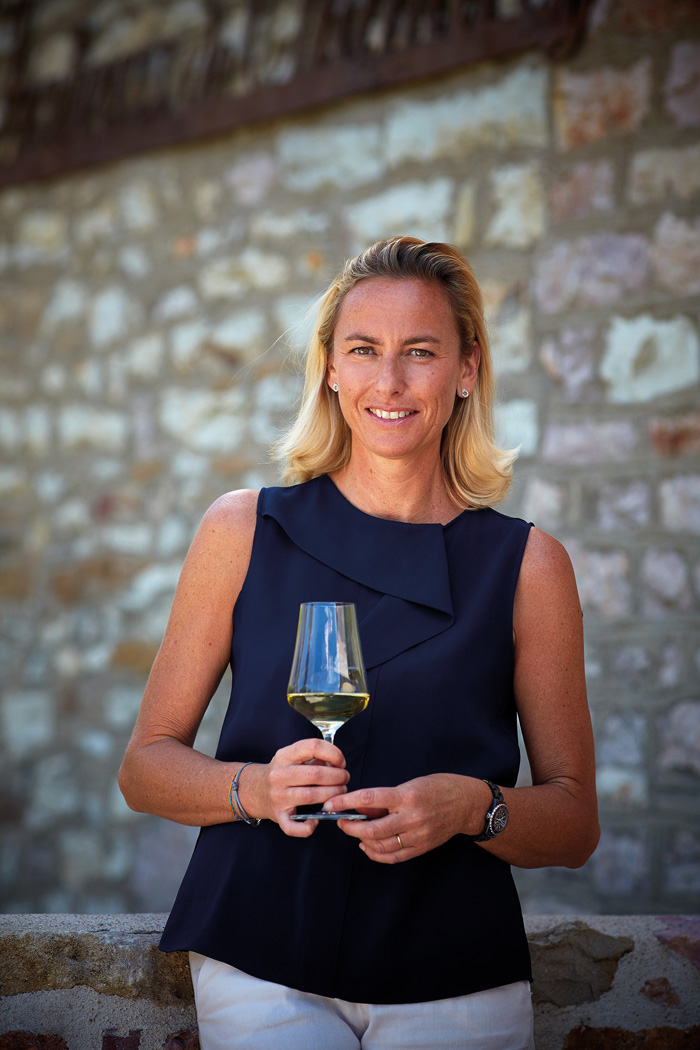
Living in Mercurey, she describes a peaceful village with more vines than inhabitants, and where she is woken up by wild boars at times. Together with her father Bertrand and brother Amaury, they produce about 350,000 bottles of Burgundy annually. It’s a tight-knit family, brought even closer after her mother passed away in December 2002. Aurore describes the event as “an electric shock”, which persuaded her to get back to her roots, leaving behind her high-flying career in the cosmetics industry working for Elizabeth Arden, Clarins and the Coty Group. Naturally, she wanted to be well-prepared, so she enrolled at the Université de Bourgogne to improve her knowledge on Burgundy terroirs and tasting practices.
“My father Bertrand will produce his 52nd vintage in 2020,” she offers proudly. “He is one of the Burgundy winemakers who understood quickly the huge potential of Burgundy and its terroir, in addition to the most elegant grape varieties. My brother Amaury has always been passionate about wines since he was a child. I would say that the three of us are different but we have a common vision of where we want to go next and how we go there. All important decisions are taken together,” she elaborates.
“We are interchangeable because we believe that nowadays, you need to be a multitasking Swiss Army knife. I must add that we are surrounded by a fantastic and motivated team.” On commercial activity, Amaury handles the French (except Paris) and American markets, while Aurore handles the Parisian and Asian markets.
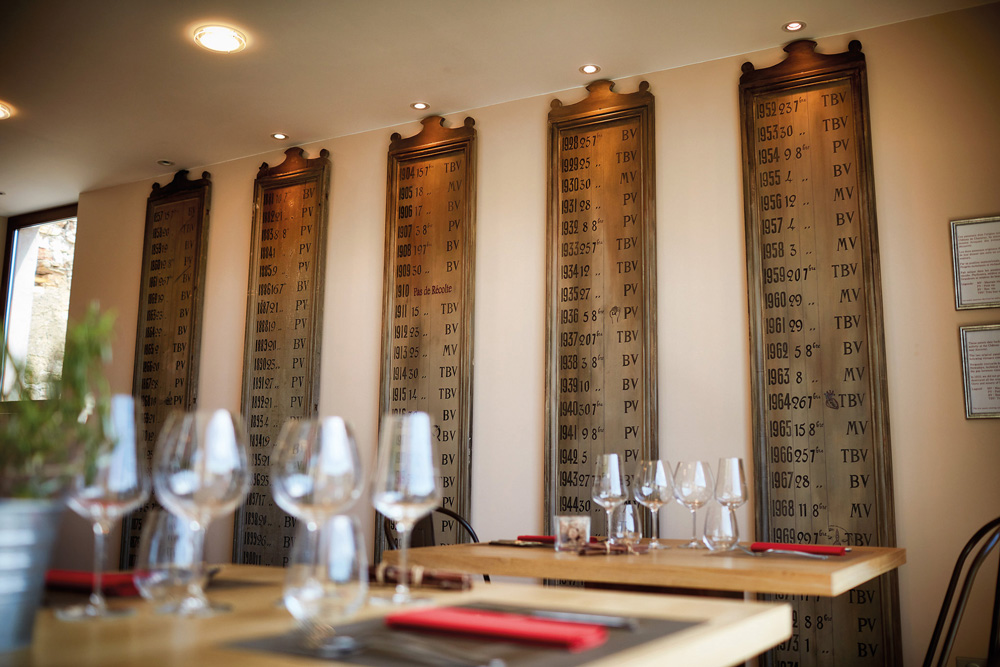
Business looks a little different these days. “I usually spend a regular week between Burgundy and Paris, which is a very strategic place in our business as it represents half of our domestic turnover. I travel quite often to Asia to look after the markets there. Since mid-March, life has been different. Paris’ restaurants and wine shops were closed for three months till June, and it will be long before business gets back to normal. Therefore, I have spent all my time in Burgundy instead, supporting the vineyard teams and trying to reinvent the business. I remain a very optimistic person and hope that this surrealistic time will make the whole world change and be just that much better”, she shares.
MORE THAN VINES
For families in Burgundy, wine isn’t just a business. It’s a cultural, moral and patrimonial heritage, a “wonderful present” that gives her the responsibility to transfer the values, know-how and engagement to the next generation. “My children are 22, 20 and 15 years old. They are interested in wines and like to taste, but still too young to know what they want to do later. I would recommend them to work in other lines of businesses to start their careers in order to develop their skills, perspectives and openness. This is key before joining a family business,” Aurore believes.
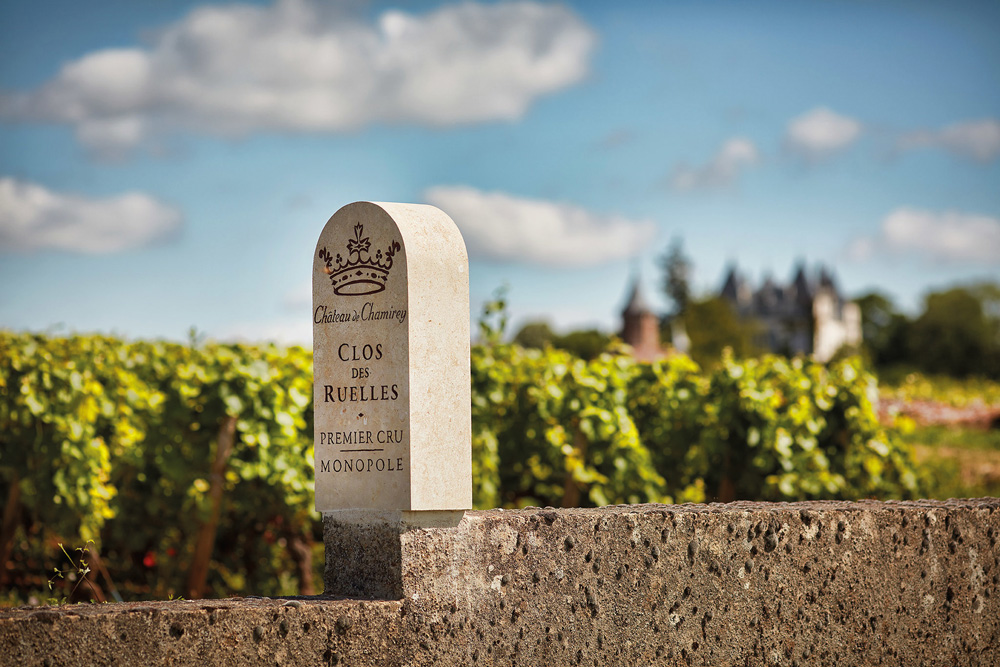
The family philosophy is simple: small yields and optimum phenolic maturity. They are not motivated to make organic wines for marketing’s sake, but are taking the green path with a strong and collective awareness. Thanks to the family passion for horse riding, they’ve been making 70 tons of compost a year, from ‘natural compost’ from her father’s horses blended with Château de Chamirey’s fallen leaves. Investments have been made in the vineyard to replant old vines, work the soils with new tractors, and add new pneumatic presses and inox vats in the winery.
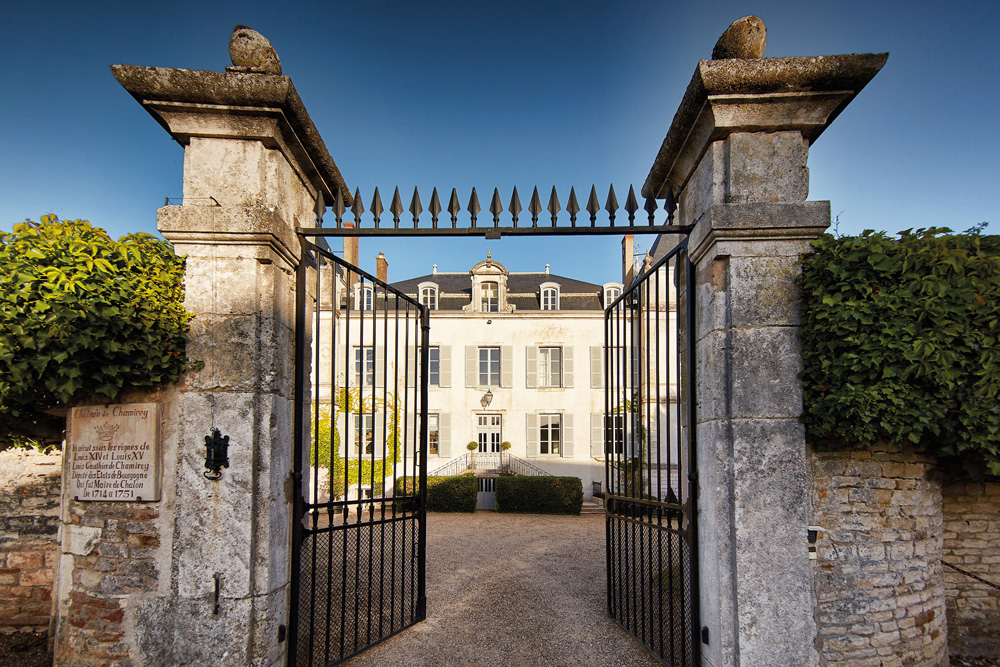
“I can say that we have taken a significant step in the precision and brightness of our wines in these last vintages, recognised by both our customers and the international press. We are lucky to own such beautiful terroirs, so we have no other choice than to enhance them. We are only guardians for a few decades. Terroirs have preceded us and will survive us. That puts things back in their places,” she explains.
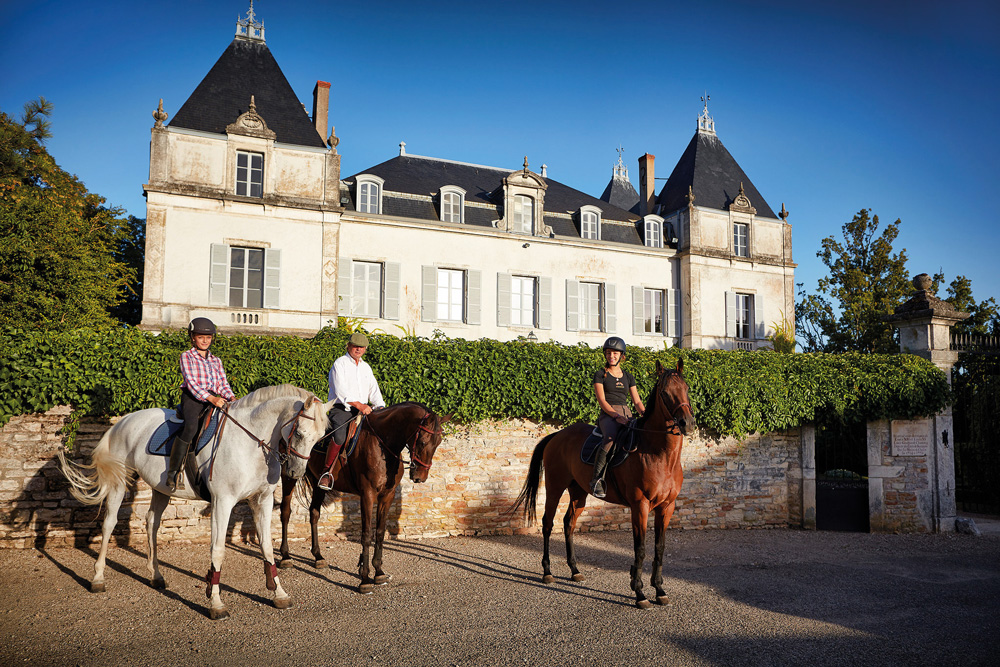
While demand for Burgundy wines have been increasing, the yields have been small due to natural challenges each year, such as hail and frost. The acquisition of Domaine Rolet two years ago has expanded their horizons. She jokes, “We have a major default in the family; we produce the wines we like because we taste them all year long.” But in all seriousness, they did not purchase this domaine by chance. “Yes, it is a new region, with new grape varieties, but it is also a generational footprint for my brother and I. A lot has been done on the vineyard, the wines, the marketing but we still have a lot to do. Jura is clearly more trendy. The young generation of Scandinavian, Asian and American sommeliers are fond of Jura wines, leading it to be highlighted and listed on trendy restaurants’ wine lists.” These wines are not just a short-term gain, however. “This is not an ephemeral fashion but a new habit in wine consumption. Wine lovers want to be surprised and think out of the box,” she concludes.
